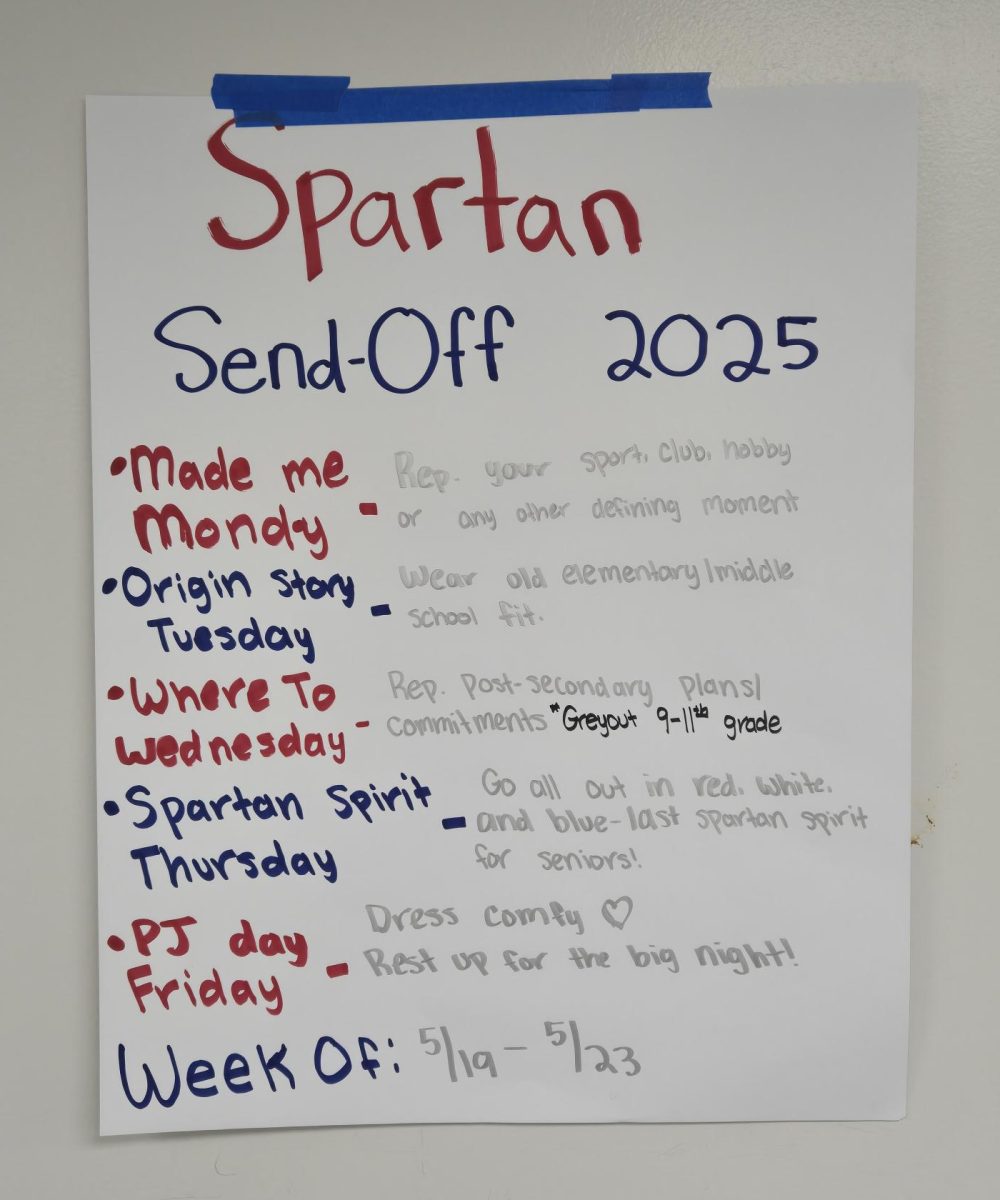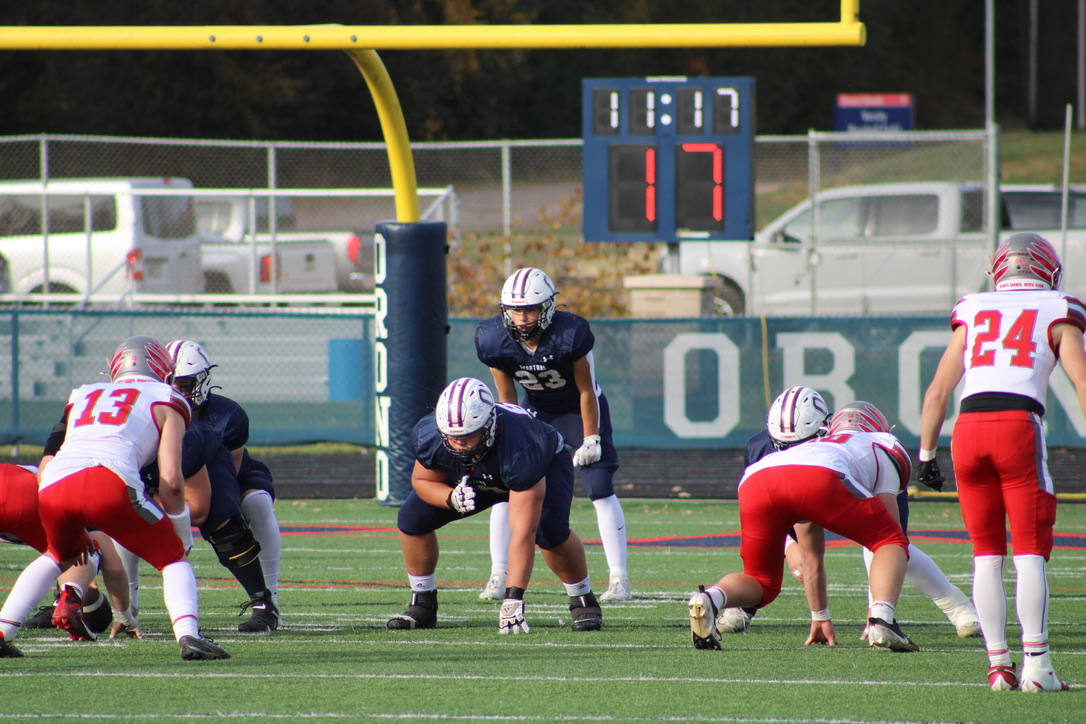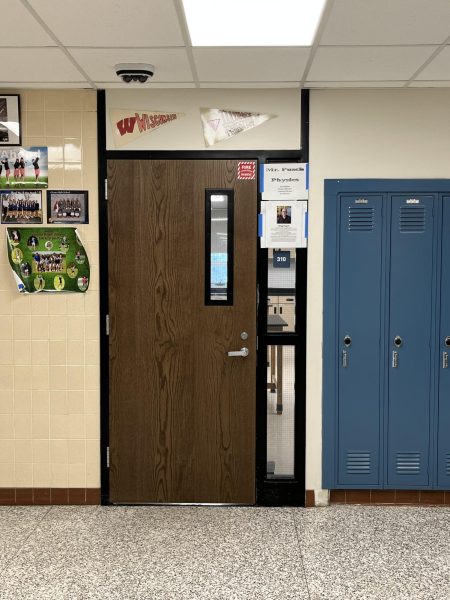Is the College Degree Depreciating?
As more and more students get college degrees, will they maintain their value?
In the United States, the percentage of adults with a college degree is ever-increasing, with reports from the Lumina Foundation claiming that adults with degrees is about 53.7%; up nearly 2% from 2019. As more people enroll in college, the already high prices are increasing. According to Melanie Hanson, the average price of an in-state college over four years is $102,828, which rises to an average of $176,056 for an out-of-state college, with an annual growth rate of over 7%.
In the modern day, the college degree stands the risk of being depreciated, or losing its value. This concept is nothing new, as the same thing happened to the high school diploma. In 1950, roughly 59% of high school students graduated, making a high school diploma something special, making a high school graduate more desirable in a job search. Now, the high school graduation rate is around 84%, with some states being higher or lower. It is an undeniable fact that more than ever, Americans are obtaining college degrees, which has some degree holders concerned over their livelihood.
According to Greg Ip of the Wall Street Journal, many older college graduates have been displaced by fresh college graduates who are willing to do the same job for less pay. This results in the older graduates either moving to another field or getting a new job in the same field with less pay. Those with particularly common degrees, such as business, could be even more susceptible to this.
“It’s not so much what your degree is in, but rather the assumed transferable skills that go with that. If you have a four year degree you can communicate, you can work as a team, you probably have some leadership, you can self-evaluate and you can adjust and adapt. Those are things that you’re going to have no matter what degree you have,” OHS counselor Shana Borgen said.
Despite the fact that more people are getting four year degrees, only around 27% of graduates held a job related to their major. Additionally, 41% of recent graduates work jobs that do not require any sort of degree, with 17% of hotel clerks and 23.5% of amusement park attendants holding four year degrees. Many graduates are forced into these low-paying jobs since they can not distinguish themselves from the other applicants who have degrees in an already competitive job market.
Many college degrees are still valuable and lead to a reliable job once out of school, most notably STEM, accounting, law or health-related degrees. For those who pursue other degrees, some valuable opportunities that can lead to a job after college are apprenticeships and internships. These can easily turn into one’s first post-college job once one graduates. Internships can offer first-hand experience that may be difficult to obtain otherwise, as well as the opportunity to build connections with those already in the industry.
Although college degrees seem to be following the same path that led to high school degrees losing their value, college degrees are still an important symbol not just of one’s educational knowledge, but of one’s practical knowledge. College degrees as of today are prioritized by the majority of employers, and they remain as something that sets a student apart from their peers, even if it does so a bit less than in years prior.





















































